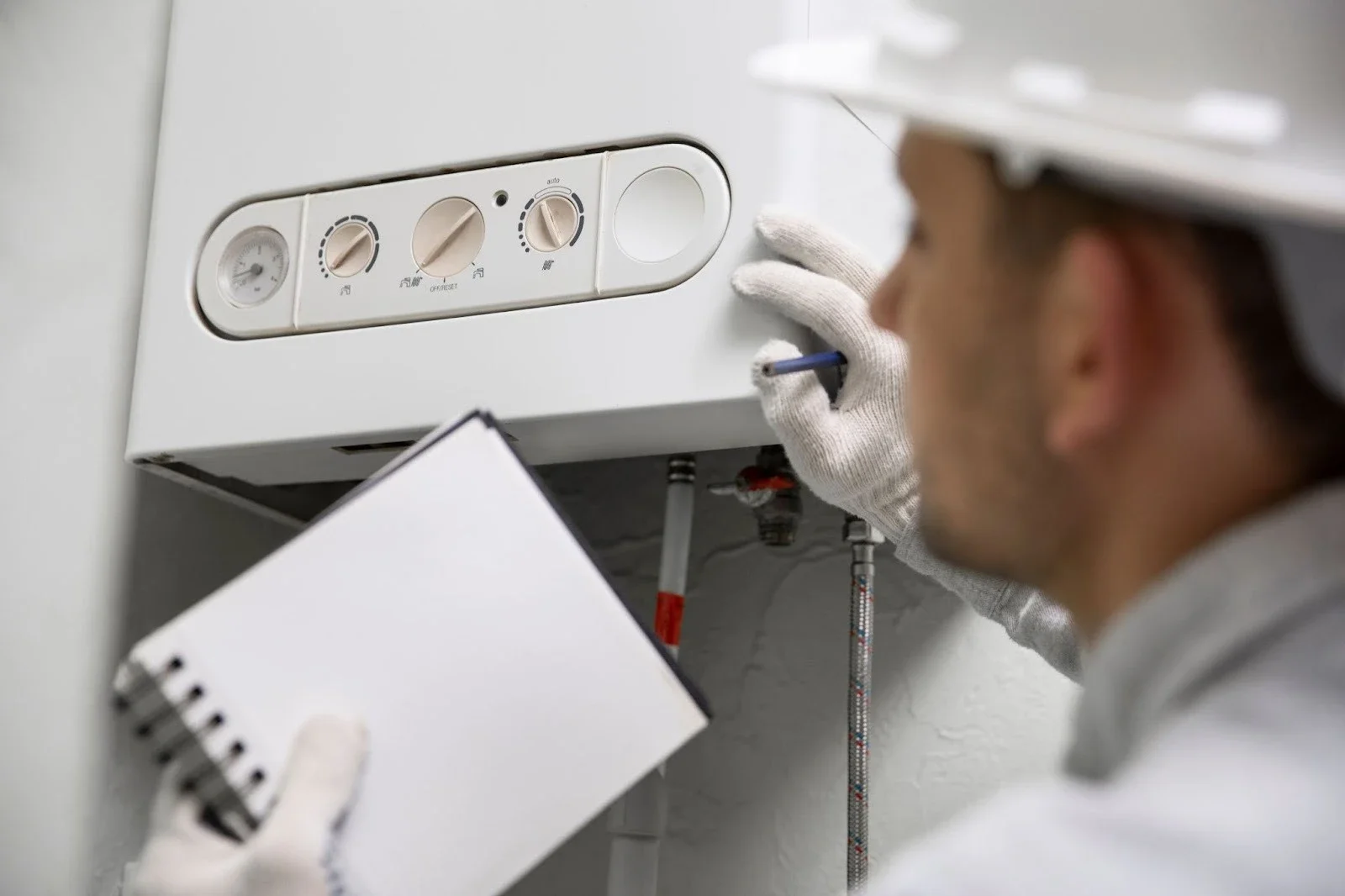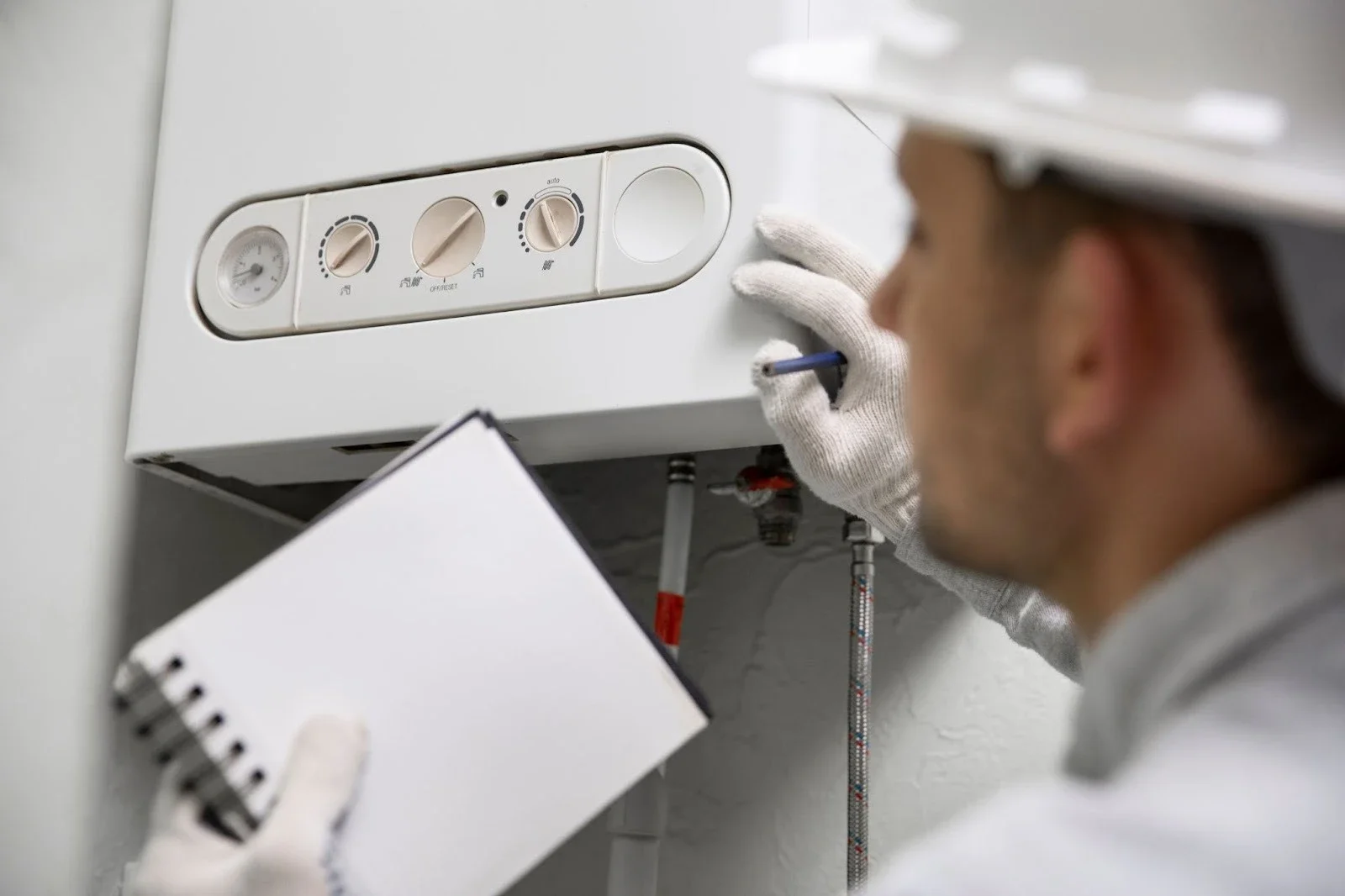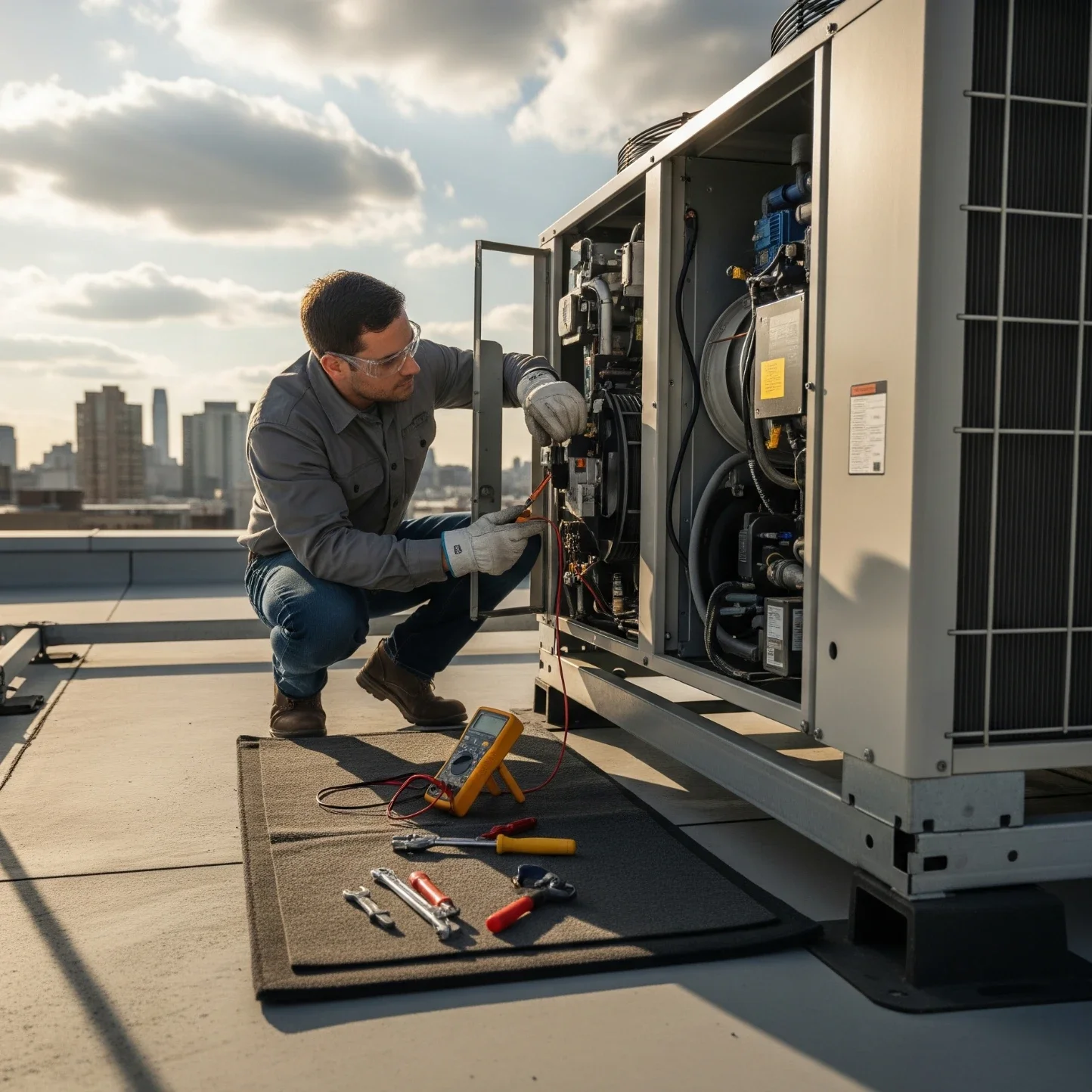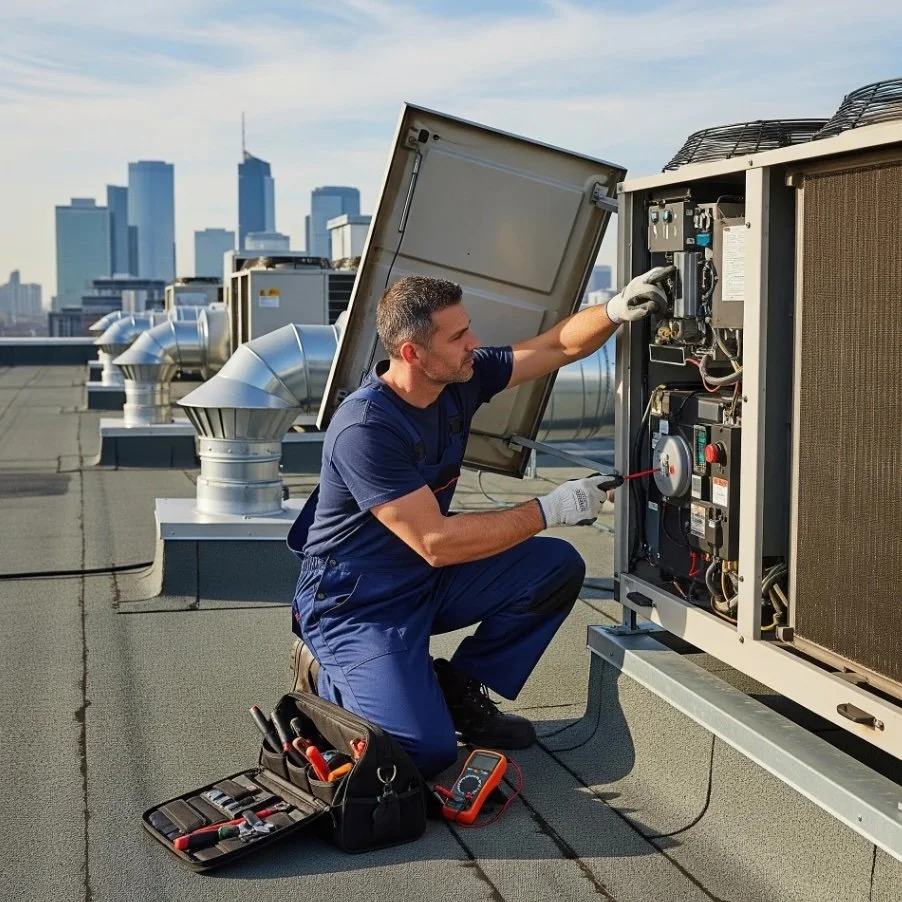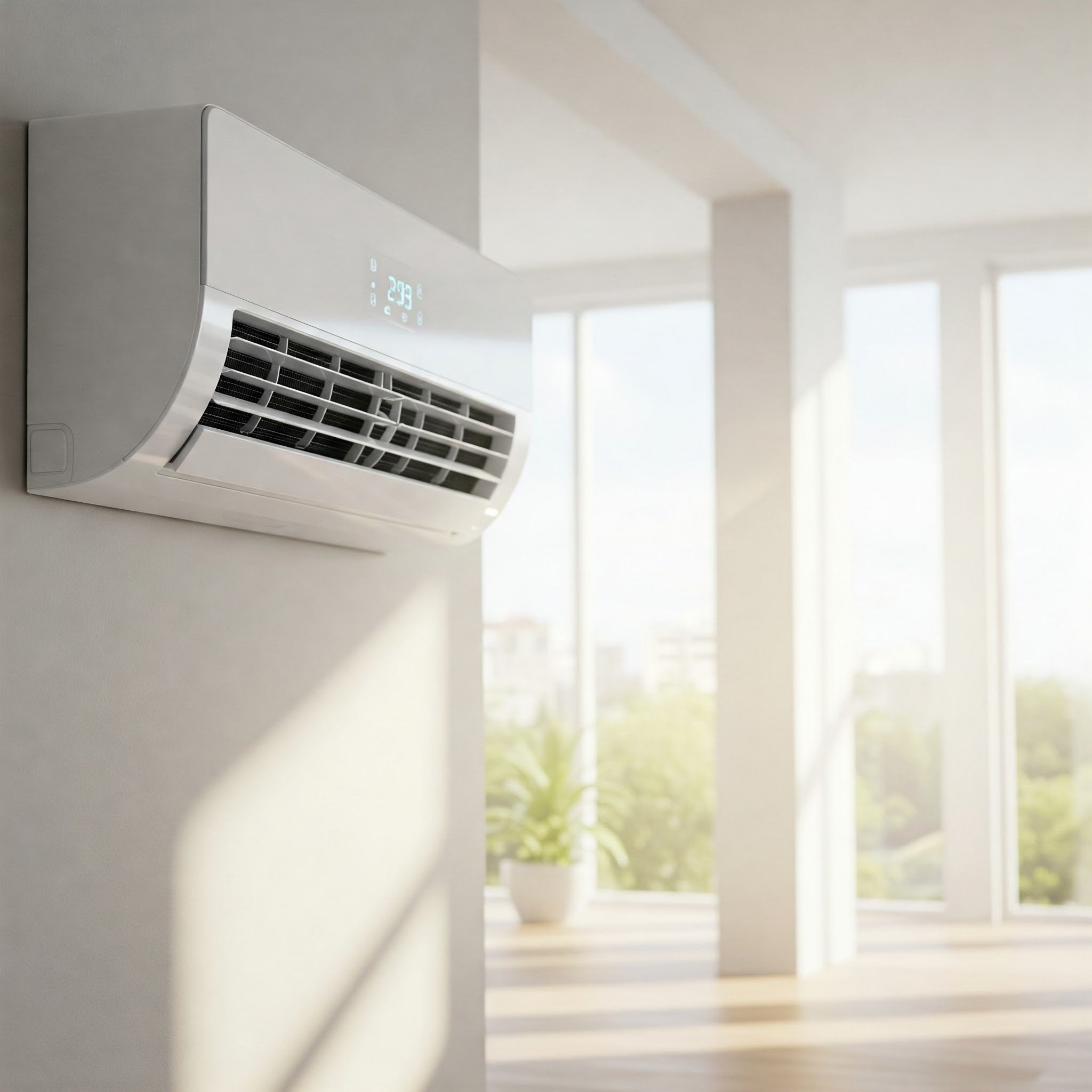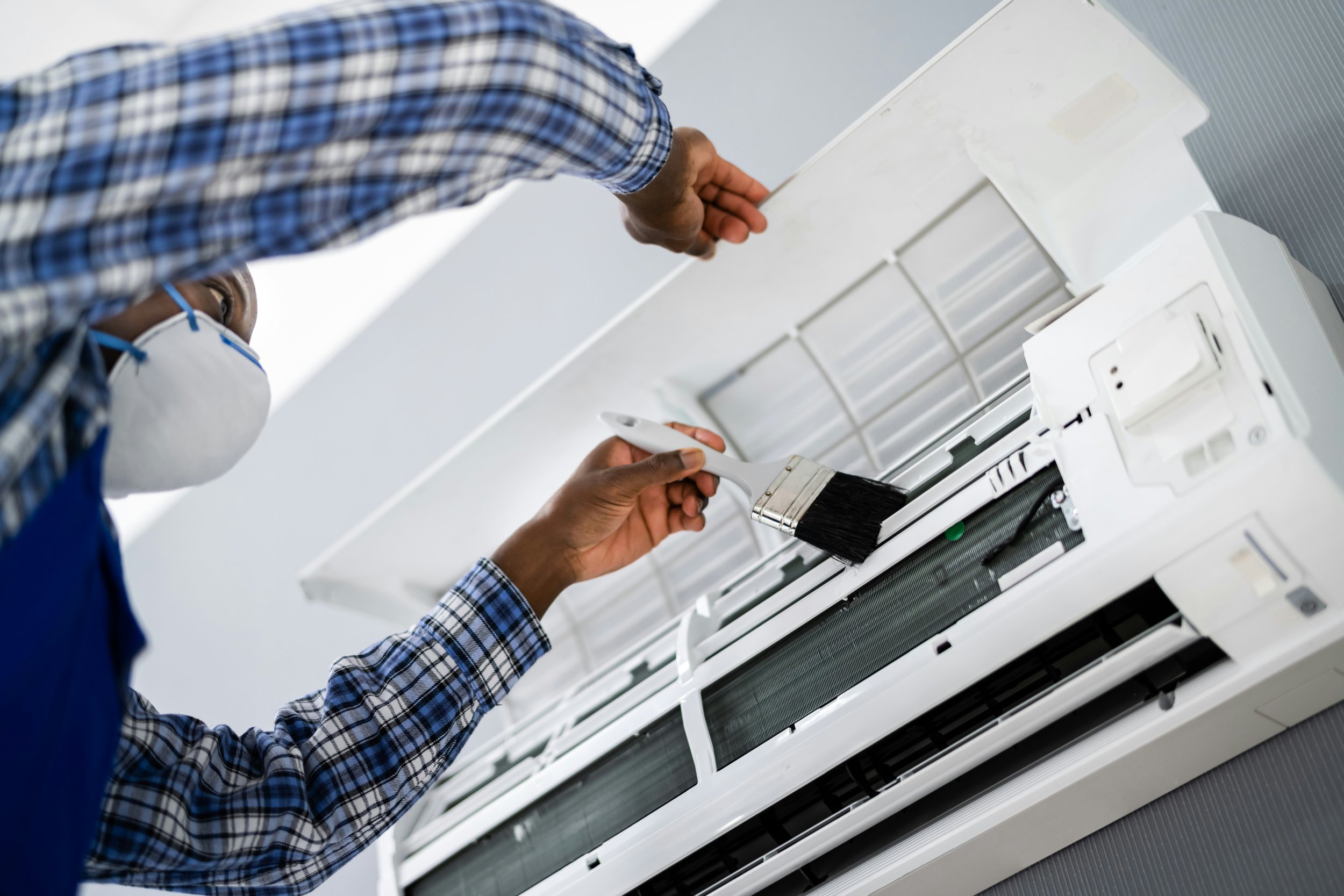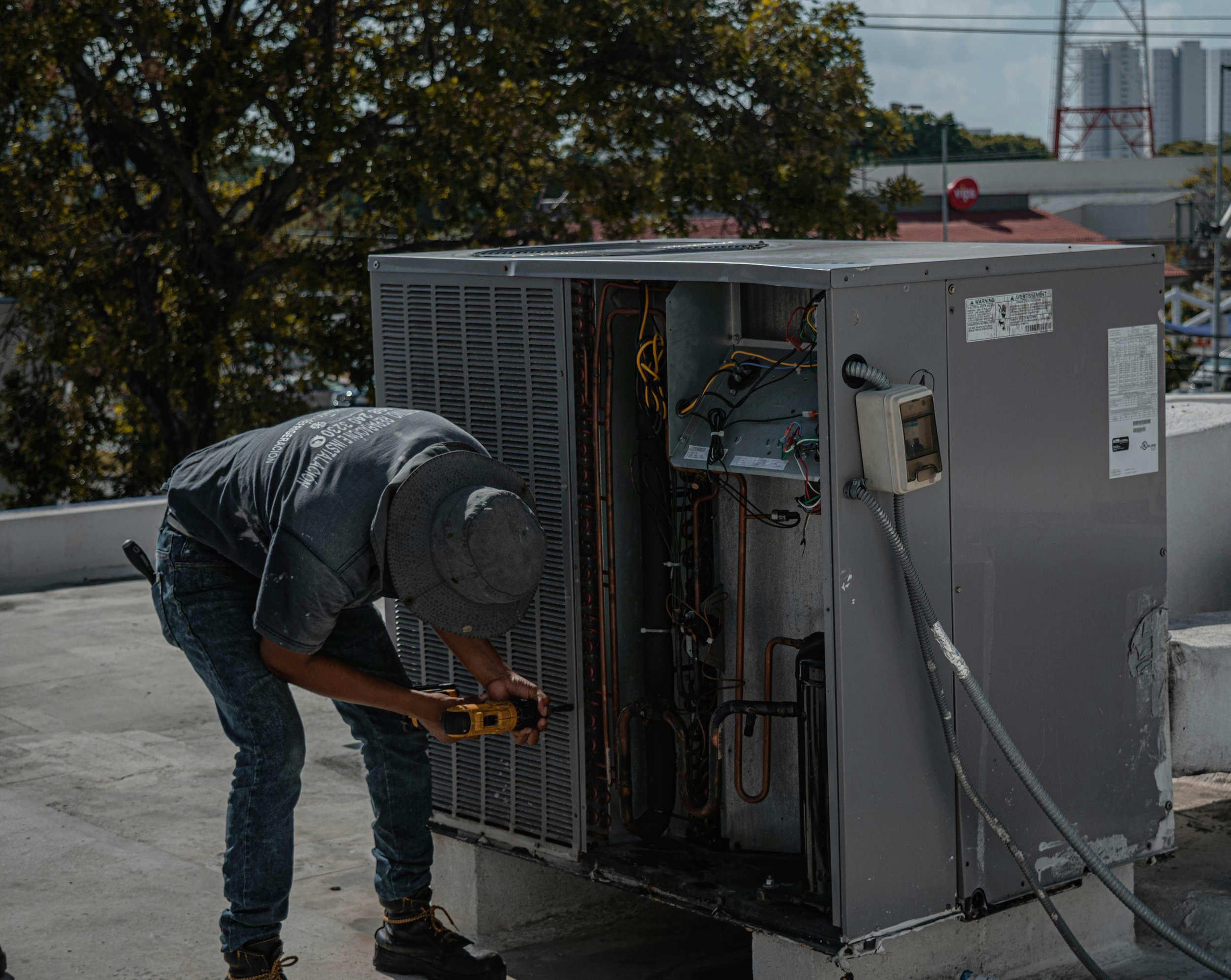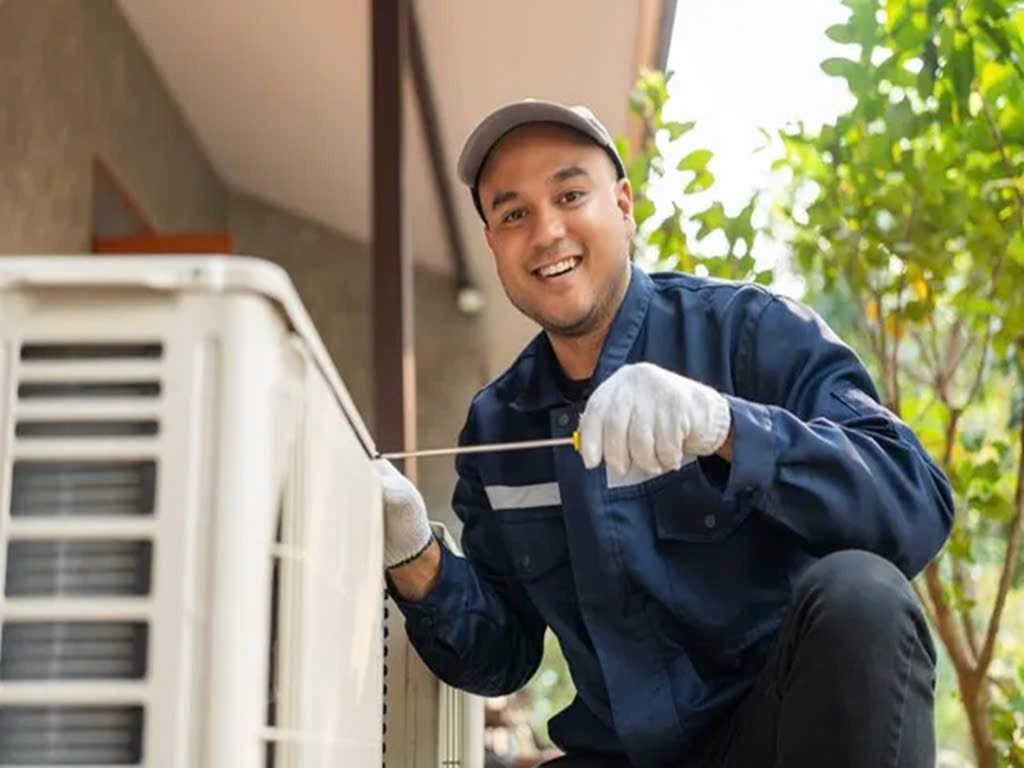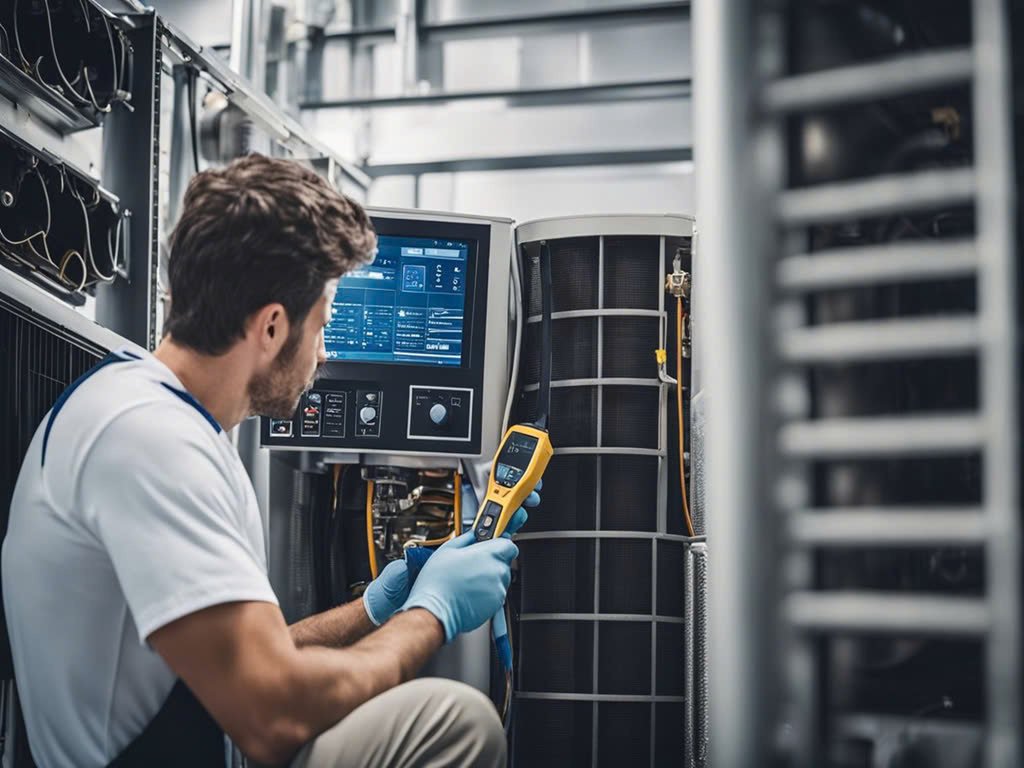Why has Your Heating System Started to “Hum” Louder?
Discover why your heating system is getting louder, what the humming sound means, and how timely maintenance can prevent bigger issues.
At the beginning of the heating season, we expect the system to run quietly and smoothly. But sometimes, instead of the usual steady hum, we hear whistling, rumbling, vibrations, or even clicking. And although at first we want to shrug it off and say, “It'll go away,” in most cases, noise is the first warning sign. You can figure out for yourself where the strange sounds are coming from and what they mean. Or follow the link https://www.rmhvacutah.com/ to order repairs or maintenance from certified specialists. The website from Rocky Mountain has a list of all services, including preventive maintenance and repair of various types of heating systems.
If your Boiler or Furnace Hums Like a Turbine: the Most Common Causes
Loud noise often means that the boiler or furnace is overloaded. This is not only uncomfortable, but also dangerous for the system components. If left as is, the system will eventually fail – usually at the most inopportune moment. Had the problem been addressed with maintenance when the strange noises first appeared, you might have avoided a full repair of the furnace or boiler later on.
Most Often, Noises are Caused by the Following Technical Problems
The main reason is scale buildup in the heat exchanger. Mineral deposits impair heat transfer, the water overheats, air pockets form, and this causes “bubbling” or whistling.
Circulation problems also occur frequently. If the pump is worn out or the pipes are clogged, the system tries to “push” the water through and reacts to such loads with humming or vibrations.
When air enters the circuit, you can hear a characteristic “ticking,” splashing, or micro-impacts in the pipes. These sounds signal that the system needs to be vented. This is a common issue with heating systems that have not been serviced regularly.
Worn fan bearings cause a screeching or sharp rumbling noise. In gas boilers, the fan supplies air for combustion, and when it wears out, these sounds become very noticeable.
A faulty gas valve or burner also “makes itself heard.” Intermittent clicking often means that the device is trying to ignite after several attempts.
The Noise Increases Over Time: Why You Shouldn't Wait for it to Get Quieter
The longer the system operates with a defect, the more parts are involved in the problem. For example, simple scale buildup eventually leads to cracks in the heat exchanger, and air in the system leads to corrosion. In other words, factors that initially cost little to fix turn into expensive repairs or even complete replacement of equipment. The sooner you order an inspection, the lower the cost of repairing the heating system will be.
What You Can Do Yourself, and When You Need Service
Only basic actions are safe for a homeowner: checking the pressure in the system, venting it, and inspecting the filters. The rest should be entrusted to specialists. All work involving the disassembly of components or the burner must be performed by certified technicians. They have the experience to determine the type of malfunction even by the nature of the noise.
How to Understand that You can no Longer Put off Calling the Experts
At first, unusual noises may only occur from time to time. This is perceived as a temporary phenomenon that does not portend any trouble. However, this is not always the case. Here are a few situations in which professional diagnostics are needed immediately:
the noise is accompanied by the smell of gas or burning;
the boiler vibrates so much that the wall “shakes”;
the temperature in the house drops, even though the power setting has not changed;
the equipment starts up only after several attempts;
there is a sharp metallic screech or a persistent “whistle” at high speed.
A slight noise can quickly turn into a serious breakdown. If left unattended, a minor malfunction can lead to complete equipment failure in the middle of a frosty night – which is the worst-case scenario for homeowners.
Why Prevention is More Cost-Effective than Repairs in Winter
In most cases, the noise disappears after professional maintenance – before it turns into costly repairs to the heating system. Service companies often recommend checking the system before the peak season, rather than when the frost is already “at the doorstep”.
